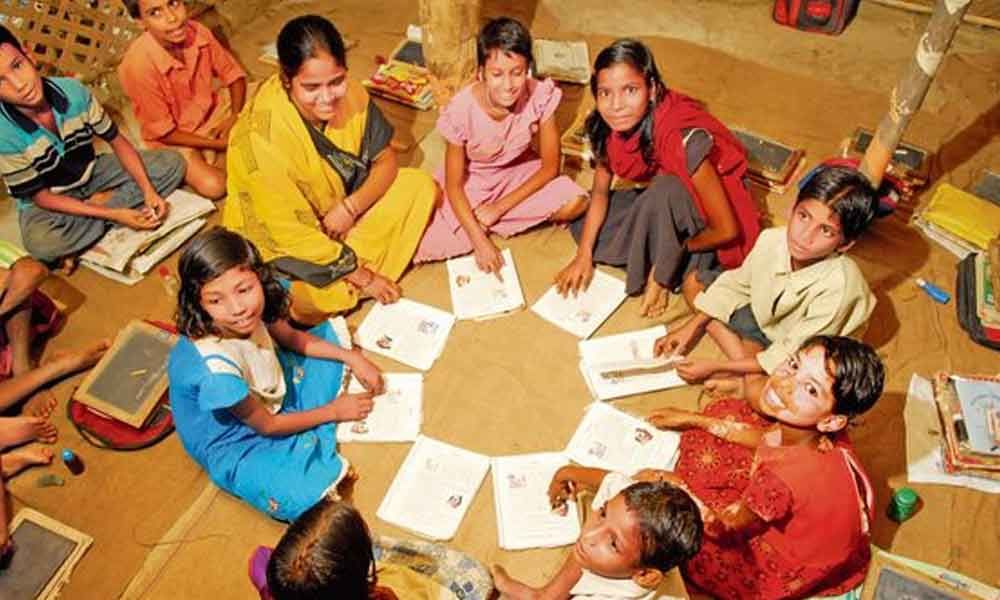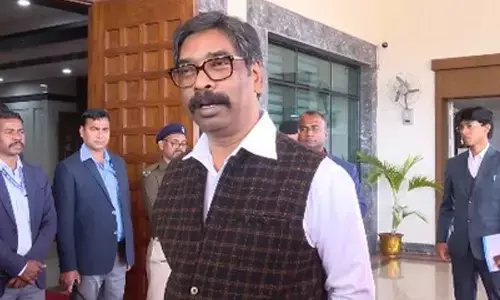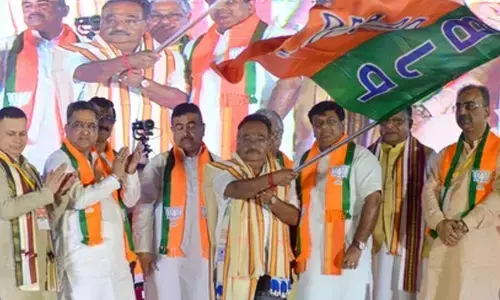New Education Policy aims to divide India further

If there are concerns over the New Education Policy - 2019 (NEP) announced by the Centre
If there are concerns over the New Education Policy - 2019 (NEP) announced by the Centre, those are only genuine. What does the draft NEP-2019 look like? It is rife with contradictions and exclusion.
It breaks Constitutional structures and values, promotes commercialisation and politicises educational system by centralising all aspects of it.
The NEP-2019: Analysis & Recommendations, prepared by the Centre for Educational Research and Training (CERT) along with Students Islamic Organisation rightly points out to the anomalies inherent to the policy.
It should be noted that the Centre is blindly refusing to accept any worthwhile recommendation despite calling for the same from the civil society. That should be a major concern for all of us.
Violation of Constitutional values and federalism principles abound in the draft policy of the government. References are made throughout the draft to the ancient Vedic education system.
If the government is keen on bringing back the Vedic education system, it should know better. Take the best of everything, but not the whole of it should be the policy of the government. The Centre should refrain from homogenising India's heritage as being representative of any religion or certain castes.
If the policy intends to promote "Indian knowledge system", it should encompass all contributions from different religious, regional, and linguistic communities who are inalienable part of the Indian knowledge tradition.
The RTE Act must be fully implemented. The draft NEP favours Sanskrit and Hindi and wants to impose it over all citizens in gross violation of the Constitution.
There should be a two-language formula, mother tongue and English, along with the option of studying a third language of either religious or cultural significance to the students as per Articles 29(1), 350A and 350B of the Constitution.
It recognises the need for an evolving set of strict guidelines related to data analysis, to prevent misuse of the same. Nonetheless, it lacks clarity on the issues of privacy, or the laws and standards associated with data handling and protection.
This must be addressed before any large-scale data collection, usage and storage related to teachers and students is implemented. The Right to Privacy judgment upheld privacy as a fundamental right under Articles 14, 19, 21 of the Indian Constitution.
Considering this judgment, the draft policy should commit to strict and detailed privacy regime to ensure security and transparency in a democratic country.
The draft NEP states that undergraduate research students will be tracked. There should be no tracking of URG students. Assessment should be conducted based on outcome parameters of the institutions alone and no specific data of any student must be collected, stored, or shared.
The policy takes a deeply contradictory approach towards the increasing commercialisation of education in India. While the draft attests the "public good‟ nature of education, it does so while positing a commercialised form of education throughout the draft.
Regularisation of educational institutions in terms of licensing and fee-capping of tuition and hostel fees must be ensured so that exploitation of students is prevented, and education is accessible to all.
The draft NEP betrays a homogeneous understanding of liberal arts education. The Centre should not attempt to divide India further with its NEP.




